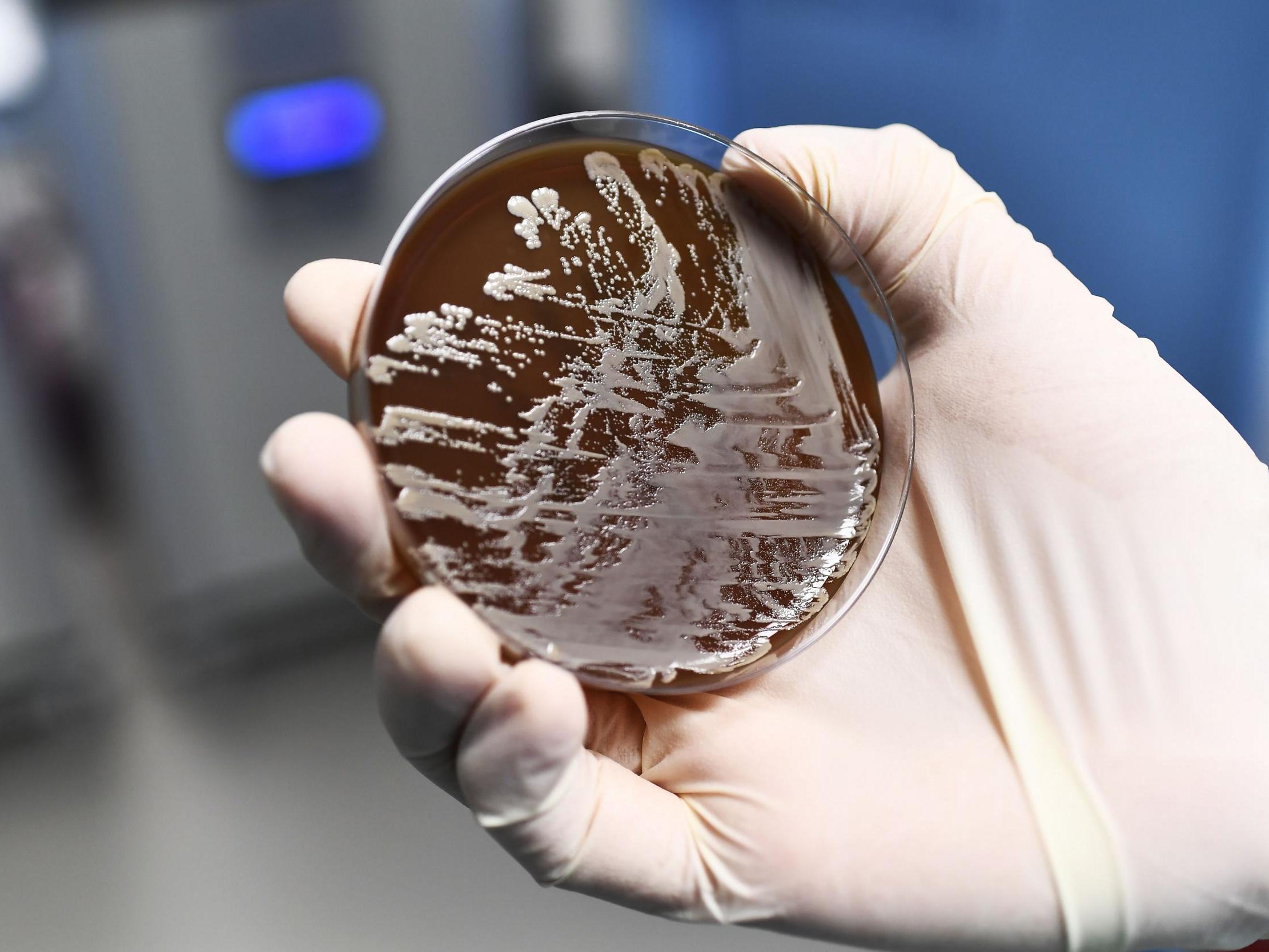12 killed by rare bacterial infection in Essex
Most affected were elderly who had been receiving care for chronic wounds

Twelve people have been killed by an outbreak of a rare bacterial infection in Essex, the NHS has said.
Most of those affected were “elderly and had been receiving care for chronic wounds, in the community, either in their own homes and some in care homes”, according to the NHS Mid Essex Clinical Commissioning Group (CCG).
The outbreak of invasive Group A streptococcus (iGAS) started in Braintree and spread to the Chelmsford and Maldon areas, it added.
There have been 32 reported cases of the disease.
An incident management team has been established to “control the incident and closely monitor the situation”.
The bacteria can be found in the throat and on the skin and people may carry it without displaying any symptoms.
It can live in throats and on hands for long enough to allow easy spread between people through sneezing, kissing and skin contact.
The CCG said in a report that the “sometimes life-threatening GAS disease may occur when bacteria get into parts of the body where bacteria usually are not found, such as the blood, muscle, or the lungs”.
Rachel Hearn, director of nursing and quality, Mid Essex CCG, said: “Our thoughts are with the families of those patients who have died. The NHS in Essex is working closely with Public Health England and other partners to manage this local incident, and extra infection control measures have been put in place to prevent the infection spreading in the area.
“The risk of contracting iGAS is very low for the vast majority of people and treatment with antibiotics is very effective if started early. We will continue to work with our partners in Public Health England to investigate how this outbreak occurred and take every possible step to ensure our local community is protected.”
Join our commenting forum
Join thought-provoking conversations, follow other Independent readers and see their replies
Comments